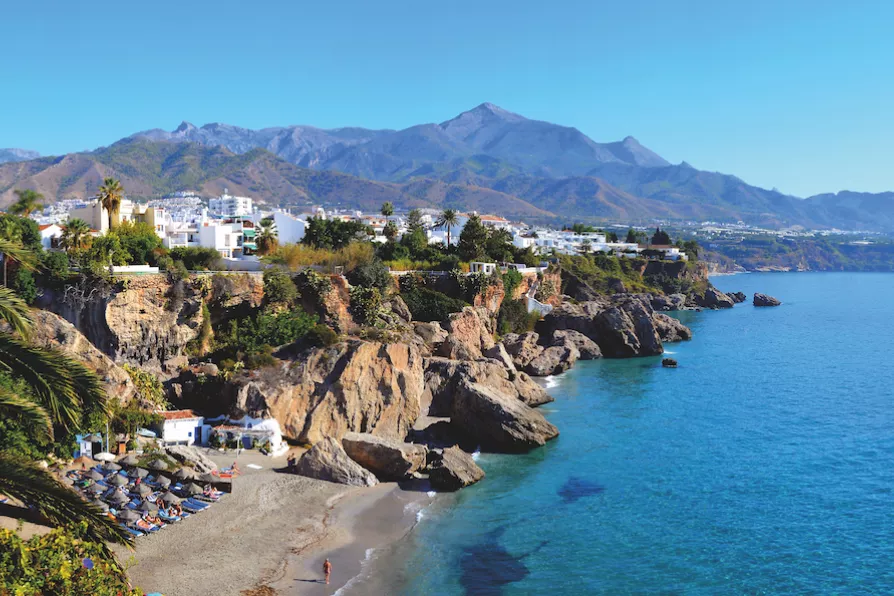CHRISTOPHE DOMEC speaks to CHRIS SMALLS, who helped set up the Amazon Labor Union, on how weak leadership debilitates union activism and dilutes their purpose

 [Robert Pittman/Creative Commons]
[Robert Pittman/Creative Commons]
AS I WRITE THIS I am enjoying the view of an Andalucian mountain range and sipping on a lovely glass of rioja from my rented apartment in the lovely town of Nerja.
The rioja is the cheapest I could find in the nearest supermarket and at less than €3 a bottle is reason enough to turn to drink. If nothing else it helps me forget the cost-of-living crisis back home.
Whenever I go away on holiday I do so with high expectations of how much I will get done in my fortnight away. After all, I will be well-rested and have so much free time to spare that I will be able to devour all the books I have had piled up since last summer and maybe even write a feature for this esteemed organ of the working class.

MATT KERR charts his bike-riding odyssey in aid of the Royal Marsden charity and CWU Humanitarian Aid

ANDY CROFT rallies poets to the impossible task of speaking truth to a tin-eared politician











